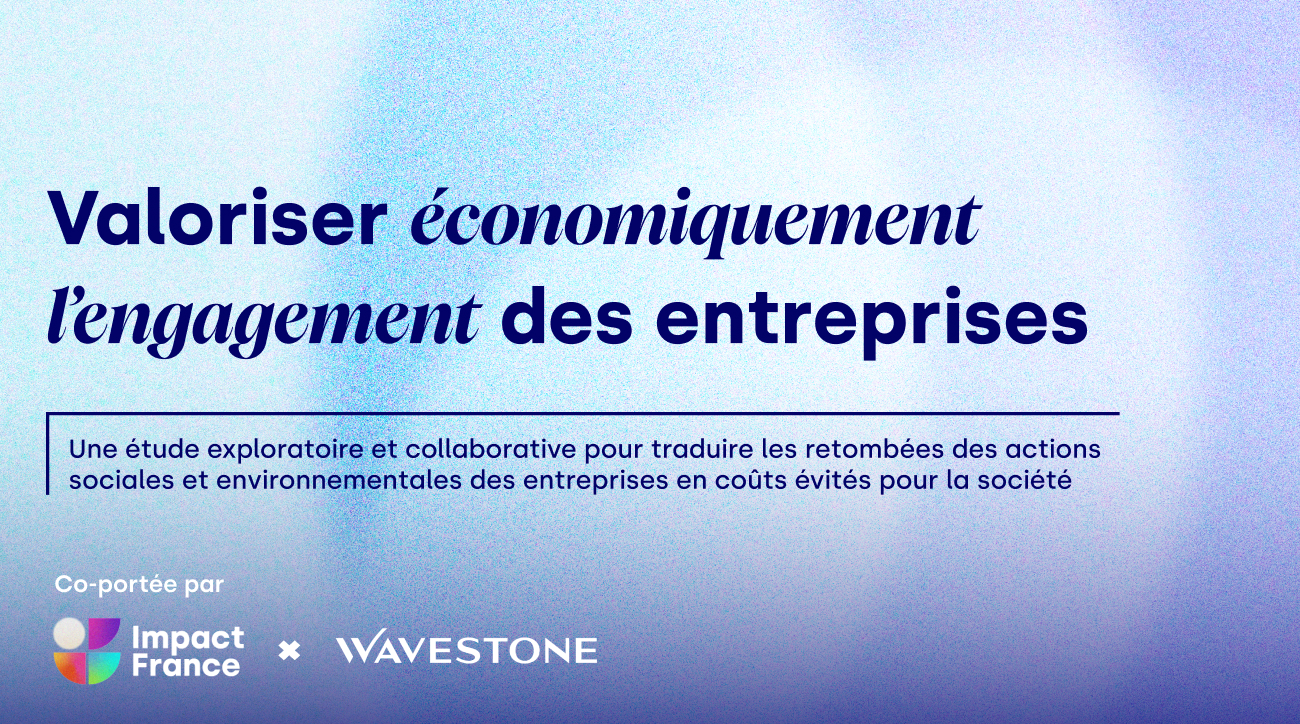QVEMA: a testimonial from Pimpant!


On the February 7 episode of "Qui veut être mon associé?" (Who wants to be my partner? ), we were expecting to hear about positive impact! So when Karline and Baptiste, the founders of Pimpant, presented their vision of work to investors, we were delighted to see a company that combines economic performance and well-being at work represented! Pimpant is an impact company that campaigns to reduce plastic waste by offering families natural, refillable powdered hygiene and cleaning products. But investors weren't convinced by Karline and Baptiste's work design... and they went home empty-handed. Far from being anecdotal, this exchange reveals the difficulties that committed companies still have in promoting their model.
Pimpant is :
After the show aired, the company achieved sales of 150,000 euros in just one hour (the amount initially requested from investors), and raised 3.6 million euros in financing!

We got caught on the show for our approach to work. Usually, when I talk to investors, I don't tell them about the 4-day week, I show them the speed at which we're rolling out the project. It was the production company that asked us for this content. We knew it would be shown on TV and that it would provoke a reaction.
They showed the "clash" side because we had to explain why we weren't lifting. But, initially, I wouldn't have bet on those people to tackle us. Anthony Bourbon, who defends the values of work, didn't tackle us too much in the end. And then, what's a shame, they didn't show the moment when Tony Parker explains that LDLC, a company in which he is a partner, is also in favor of the 4-day week.
In retrospect, we'd like to thank the M6 production team, because it's a great opportunity to talk about these subjects and get people to react. On LinkedIn, the buzz was monstrous. You don't clash with a company because it looks after its employees. The idea that you have to work harder and more, that was 30 years ago. We've seen that it doesn't work, either for the planet, or for people, or from a societal point of view. Pimpant's mission is to go from brand to industrial. The French no longer want to work in industry because it's hard, and we have to reverse this trend. We want people to be happy to come and work in industry.
People say, "We're sorry for you. Don't be sorry. We've had an incredible run! The impact we've had on people is great: we've made them think. Besides, this is QVEMA's 4th season, and no other box has had such an impact on sales. We made 200,000 euros in 1h30. People didn't like our product, they wanted to support a box. And that's completely different.
A customer told us: "Thank you, projects like yours make our hearts beat faster". Today, 90% of the population is not aware, but people are becoming more and more convinced. The number of people who are starting to ask questions may be 40%, but at some point there will be a tipping point. There's a very strong sheep system, and when the wind changes direction, everyone will follow, including politicians.
I always thought of Fizzer (online postcards) as a "classic" box, but we've had a monstrous social impact. I've seen the links that have been recreated between generations, especially during the covid. When we left, we were sending up to 100,000 postcards a day - it's crazy. But the ecological impact wasn't good, because we weren't aware of that. In the company, people were between Bali and the US, and Karline and I travelled a lot. We loved that life. But we won't have that life anymore, because it's the opposite of what we want to leave our children.
The tipping point was when we became parents and started to see these issues emerging. So we educated ourselves on the subject. When we started out, everyone was talking about CO2, but not plastics. When I asked Time for the Planet why they only talked about CO2, they replied that you had to pick your battles and that CO2 was the most important one. Today, we realize that there are many important battles: plastic on the environment, but also social issues and so on.
We took action the day our 3-year-old daughter played with plastic bottles on a beach in Corsica. That same evening, we bought a domain name. We didn't know what we'd do with it, but we'd found the reason we'd stand up for the rest of our lives: our children.
I think the entrepreneur has a key role to play. We could have retired and traveled, but we're not allowed to. I'm far too scared to look around, so I go for it.
You have to do your part. Taking action is an entrepreneurial duty. And when I see that there are still investment funds directing money towards subjects that don't have an impact, I find that we're verging on nonsense.
Just because we're making an impact doesn't mean we have to neglect the economic aspect of a project. We've raised funds from our customers. This creates a strong community. It's important to be the ambassador of a subject to your community, and it's a way of convincing people to invest.
Of course, it's difficult: you have to present a business model that works and is scalable, while at the same time making an impact, and without the two colliding.


